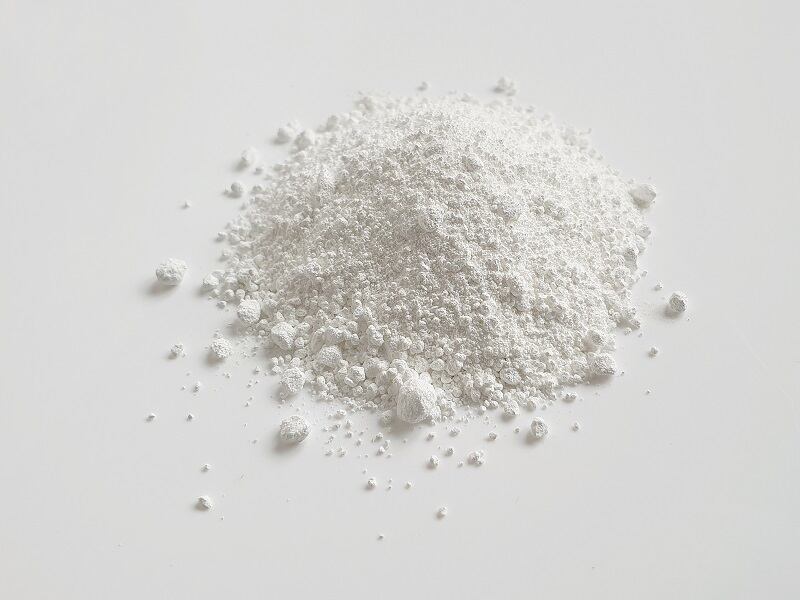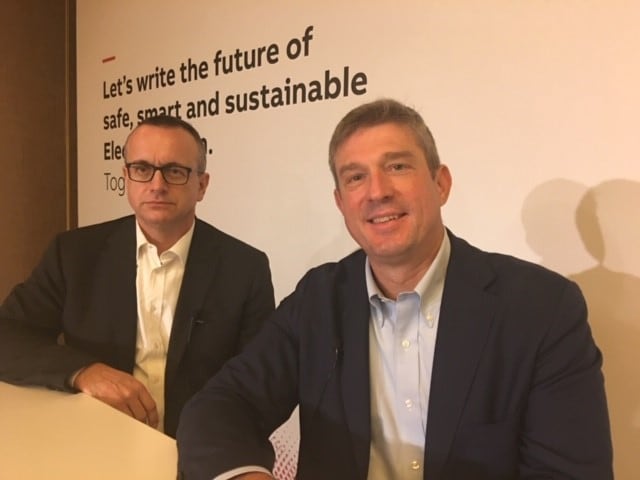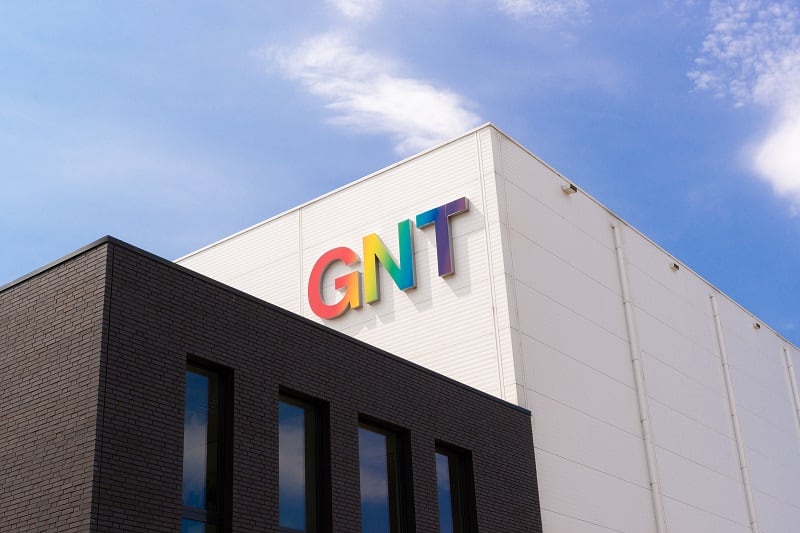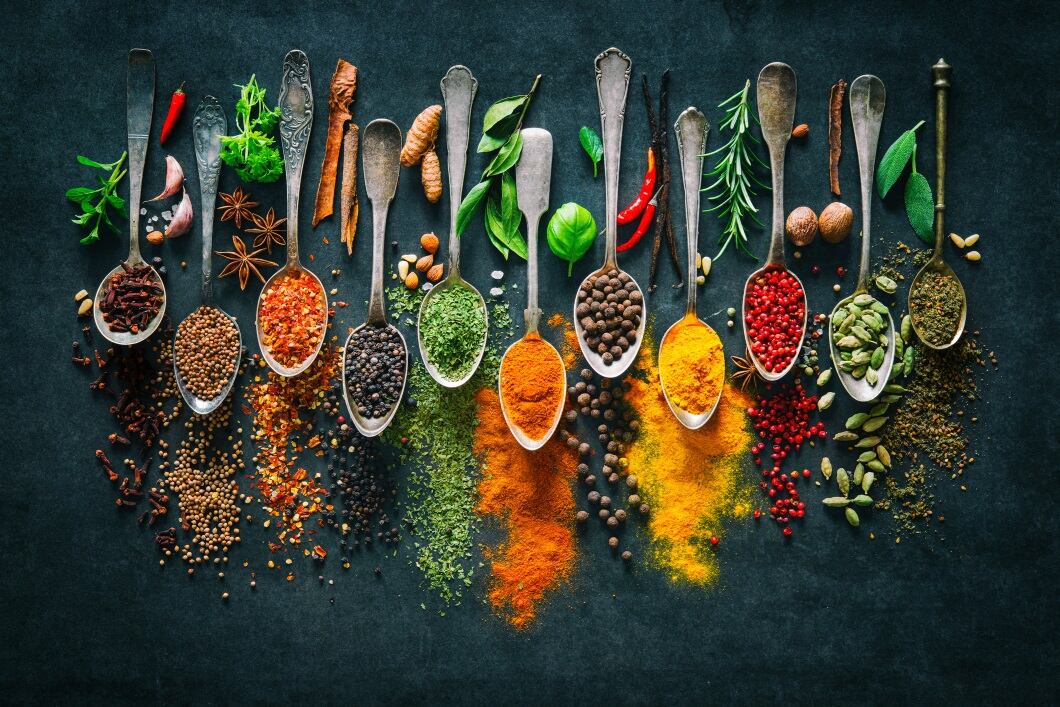A petition calling to ban contentious ingredient titanium dioxide (E171) in food across the EU has received more than 73,000 signatures in less than a week.
Consumer groups Safe Food Advocacy Europe (SAFE) and Agir pour l’Environment and European Environmental Citizens’ Organisation for Standardisation (ECOS), which launched the petition, hope the campaign can garner enough support to add weight to their case.
The groups will use the petition to put pressure on decisionmakers and officials at the EU Commission, the European Food Standards Agency (EFSA) and national representatives who are expected to hold meetings in the coming months to review E171.
“The more signatures we get in the future, the better EU consumers will be protected,” a SAFE spokesperson told FoodNavigator.
E171: a controversial and colourful history
E171 is used as a white colourant in over 900 food items from chocolate to chewing gum and mayonnaise. It has been an authorised food additive in Europe since 1969. It has gone through several re-evaluations by the EFSA (in 2004, 2016, 2018 and 2019).
While the EFSA and US Food and Drug Administration authorise the ingredient, E171 has come under intense scrutiny because of studies linking it to negative health effects including damage to the intestinal flora and the development of cancers. Its detractors add that the colourant serves no nutritional value.
One study from researchers at the University of Sydney presented what it called pivotal evidence that consumption of food containing E171 affects gut microbiota as well as inflammation in the gut, which could lead to diseases such as inflammatory bowel diseases and colorectal cancer.
Co-lead author Associate Professor Laurence Macia from the University of Sydney said: "Our research showed that titanium dioxide interacts with bacteria in the gut and impairs some of their functions which may result in the development of diseases. We are saying that its consumption should be better regulated by food authorities."
The food industry is rejecting pressure to ban E171
France will ban the use of E171 as a food additive from 2020 after the French Food Safety Agency (ANSES) said there was not enough evidence to guarantee the safety of the substance. One French government-funded study that influenced the decision claimed that the additive causes digestive inflammation and lesions in rats.
However, this study was accused of containing ‘significant flaws’ by researchers from Michigan State University (MSU) and the University of Nebraska Medical Center (UNMC). Their research (partially funded by the Grocery Manufacturers Association, the Titanium Dioxide Manufacturers Association and the International Association of Color Manufacturers), published in Food and Chemical Toxicology, found no evidence of negative health effects after replicating and correcting testing methods used in the previous research.
According to Norbert Kaminski, lead author and director of MSU's Center for Research on Ingredient Safety and co-investigator Sam Cohen from UNMC, the French researchers administered E171 in the rat's drinking water. Since the additive doesn't dissolve in water, it would be like drinking water with sand in it. "This type of exposure in humans just isn't relevant because of its insolubility," Kaminski said.
The researchers also mentioned that other studies have tested the substance through inhalation and direct injection, which are also uncommon ways people are exposed to the food additive.
Another oversight noted by Kaminski and Cohen was that the rats were pretreated with the chemical dimethylhydrazine, or DMH, prior to E171 exposure.
"The problem is there were no experimental control groups in the French study that looked at just the effects of DMH," Kaminski said. DMH is a potent genotoxicant, which can alter DNA, and is why the lesions and inflammation occurred, according to Kaminski and the research team.
‘Independent research is needed’
SAFE complains that it was this study that swayed, incorrectly in its view, the EFSA’s latest opinion published in July which said there were ‘scientific uncertainties and may data gaps’ concerning E171 which meant a comprehensive risk assessment of E171 was not yet possible and that the additive should not be forbidden.
SAFE insists that ‘an independent, clear and comprehensive risk assessment on additive E171 is needed in order to protect consumers’ health’. “EFSA’s latest data opinion was based on data coming from the Grocery Manufacturers Association, the Titanium Dioxide Manufacturers Association and the International Association of Colour Manufacturers, which all have substantial commercial interests in the outcome of the decision, that could hamper a transparent assessment of this additive,” it said. It believes the EFSA should have taken the same steps as ANSES and adopted a precautionary ban.
In its defence, the MSU and UNMC study said that ‘some funding was obtained through industry partners to remove any possibility of experimental bias and offset any criticism’. It said the research was conducted in a blinded manner over a seven-day and 100-day period, meaning that no one on the investigative team knew which rats were exposed to E171 and which tissues came from the subjects until the analysis of all samples was completed. "It was important that the study was conducted this way and went through a rigorous peer-review process to take away any doubts," said Kaminski.
What’s next?
SAFE expects the EU (via the ScoPAFF committee) to take a decision about the French ban (and thus E171 in general) in the coming months, most probably when the new European Commission starts its work. Floriana Cimmarusti, secretary general of SAFE, said the new European Commission has ‘a great opportunity’ to extend the French ban across the whole EU.
“EFSA should give as much weight and consideration to independent studies backed up by official and national authorities as to those produced by the manufacturers,” she said. “In the best interests of all EU consumers, it is utterly crucial to avoid conflicts of interests and to observe true independence in the decision-making process of EFSA”.
Other European consumer groups are optimistic about their efforts to see a ban
The European consumer group Foodwatch recently condemned Dr. Oetker’s use of E171 in its bakery ingredients and decorations in Germany. It said it is hopeful that the EU Commission will consider a Europe-wide ban on E171 in food and is confident public pressure will sway EU decisionmakers in its favour. “One thing is certain,” its spokesperson told FoodNavigator. “There will only be an EU-wide ban of E171 if public pressure on the food industry is high enough because [the] food industry heavily opposes a ban of E171…. additives suspected of being cancerous have absolutely no place in food. For the consumers, E171 has no advantages at all.”





